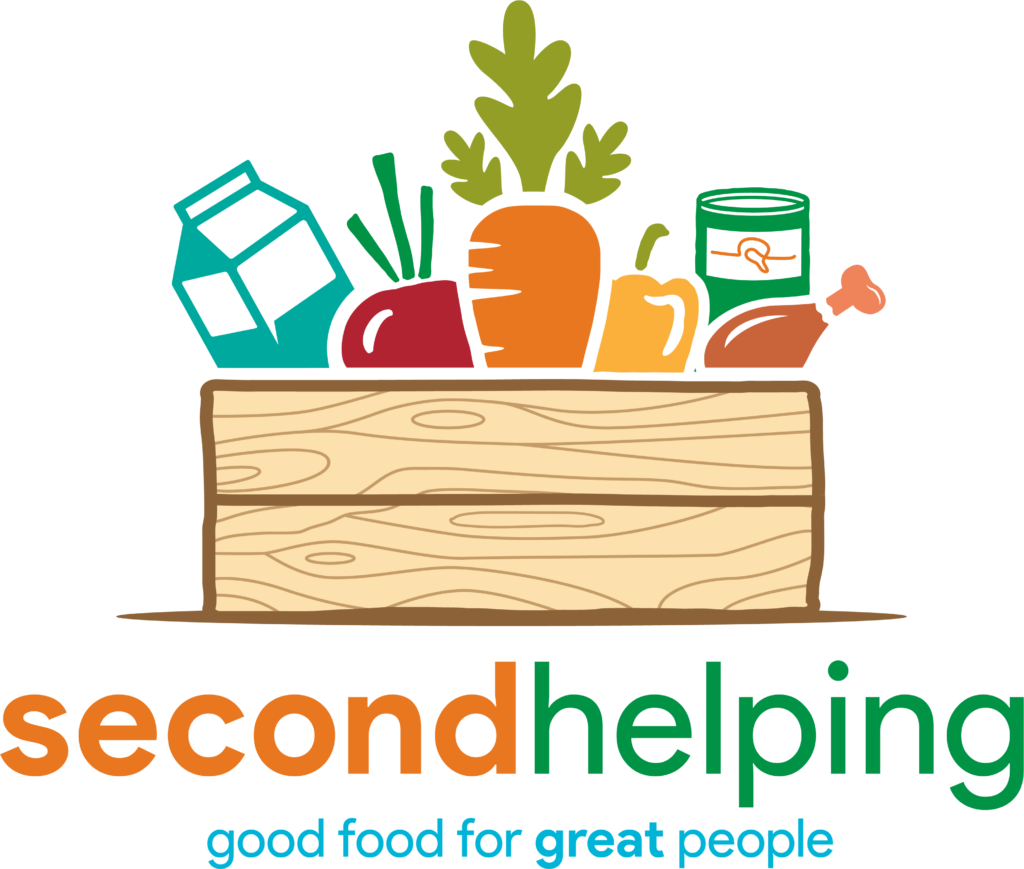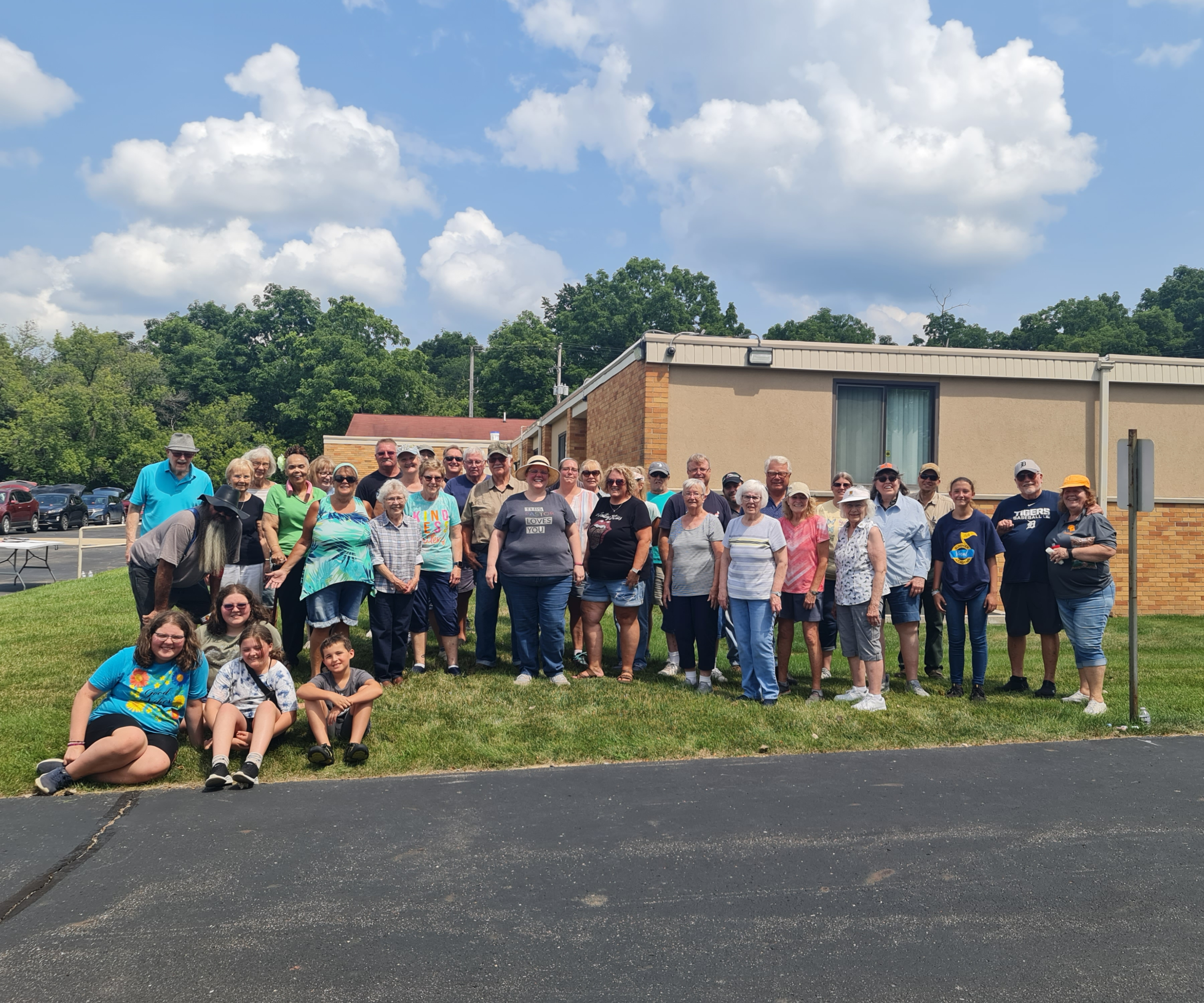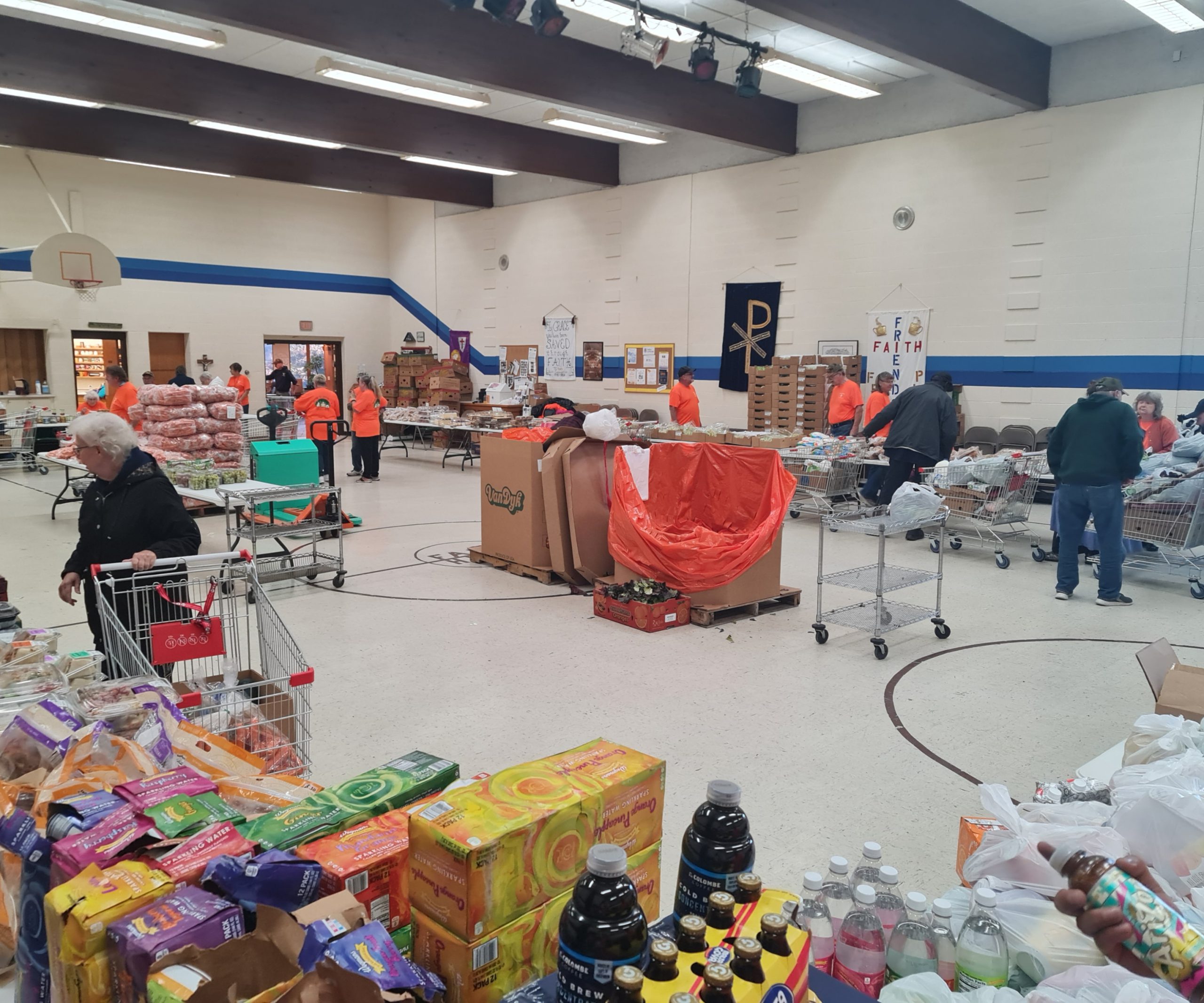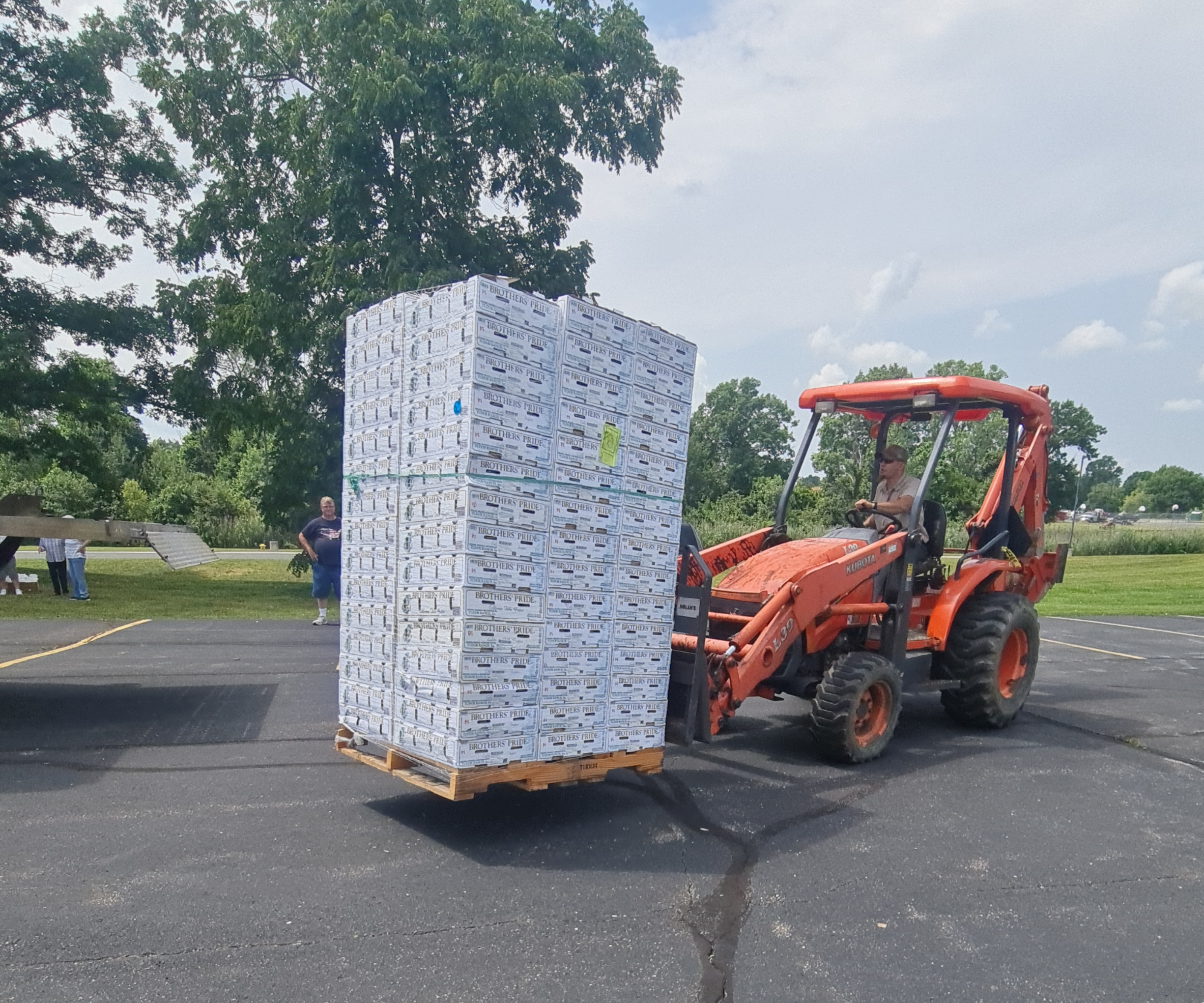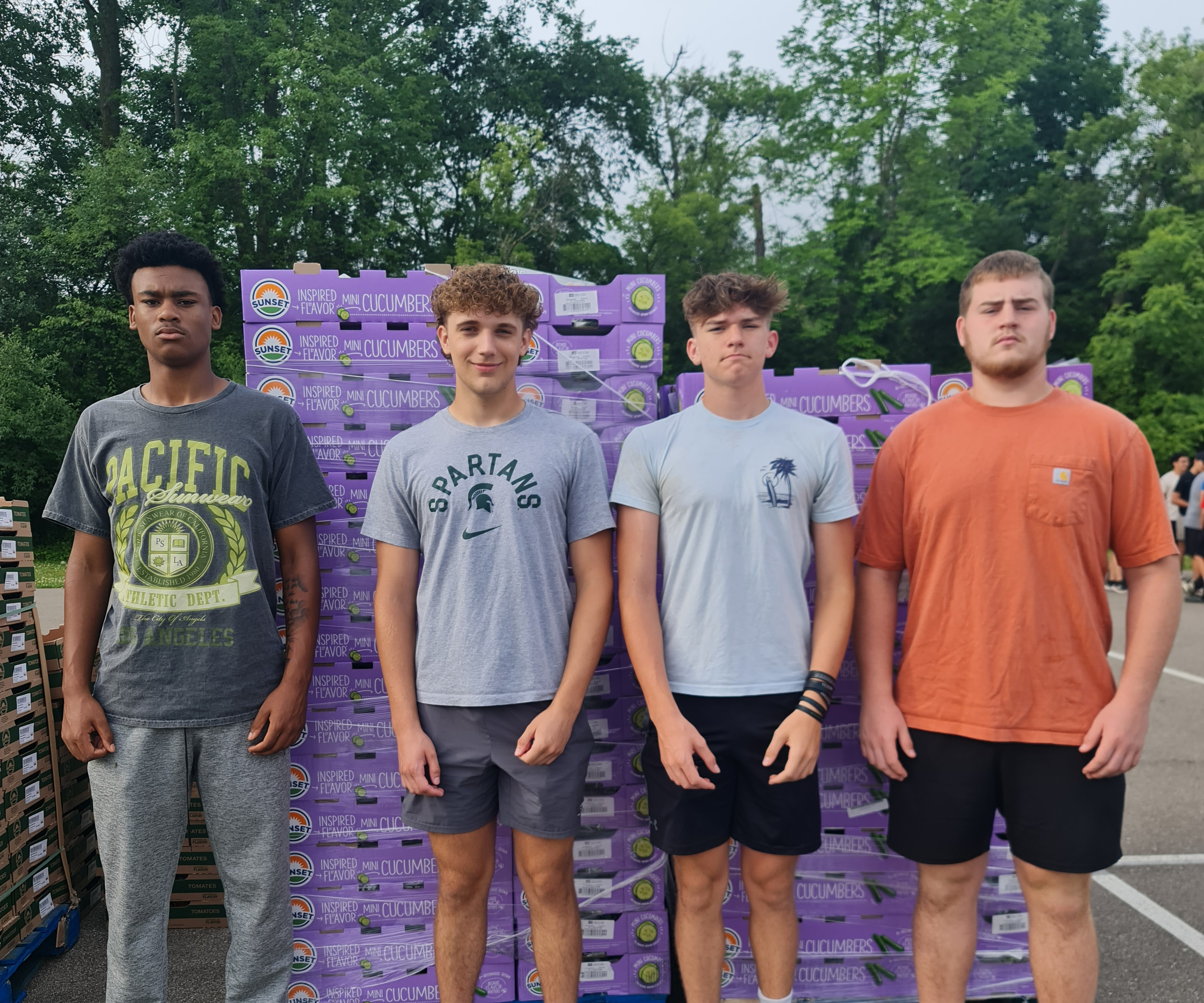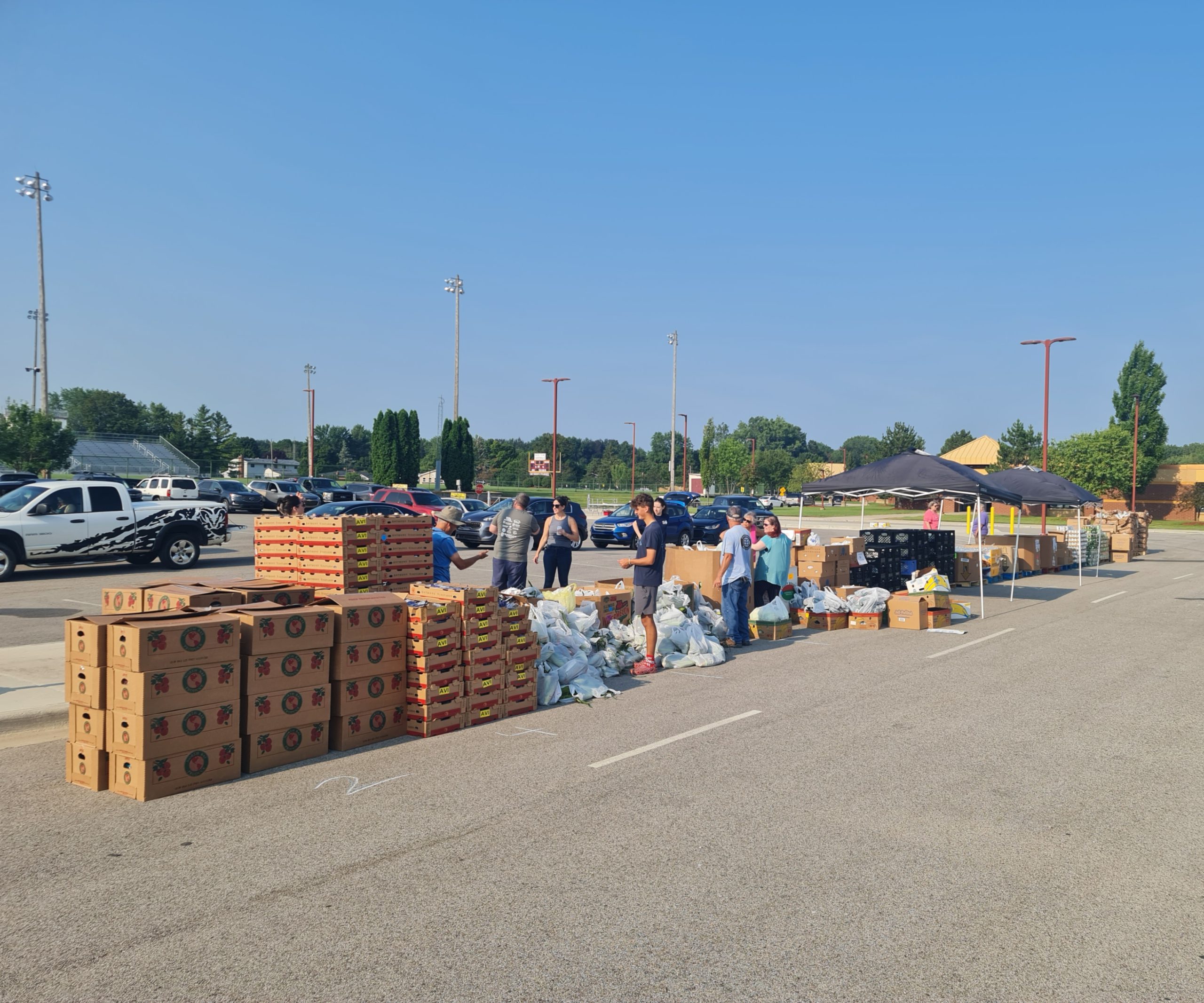We are a dynamic non-profit hunger relief organization that actively reduces hunger and food insecurity by focusing on the last mile of the food value chain.
Founded in 2023, we successfully sourced, rescued, and distributed more than 1.2 million pounds of surplus food across an impact area exceeding 6,000 square miles in our first full year of operations.
This achievement resulted in healthier, positive outcomes in more than 10,000 households and 35,000 people across mid-Michigan whom we directly served.
Few households or people are immune to the consequences of sustained food price inflation and tighter household budgets, but they can benefit from a second helping of food – hence our name and identity.
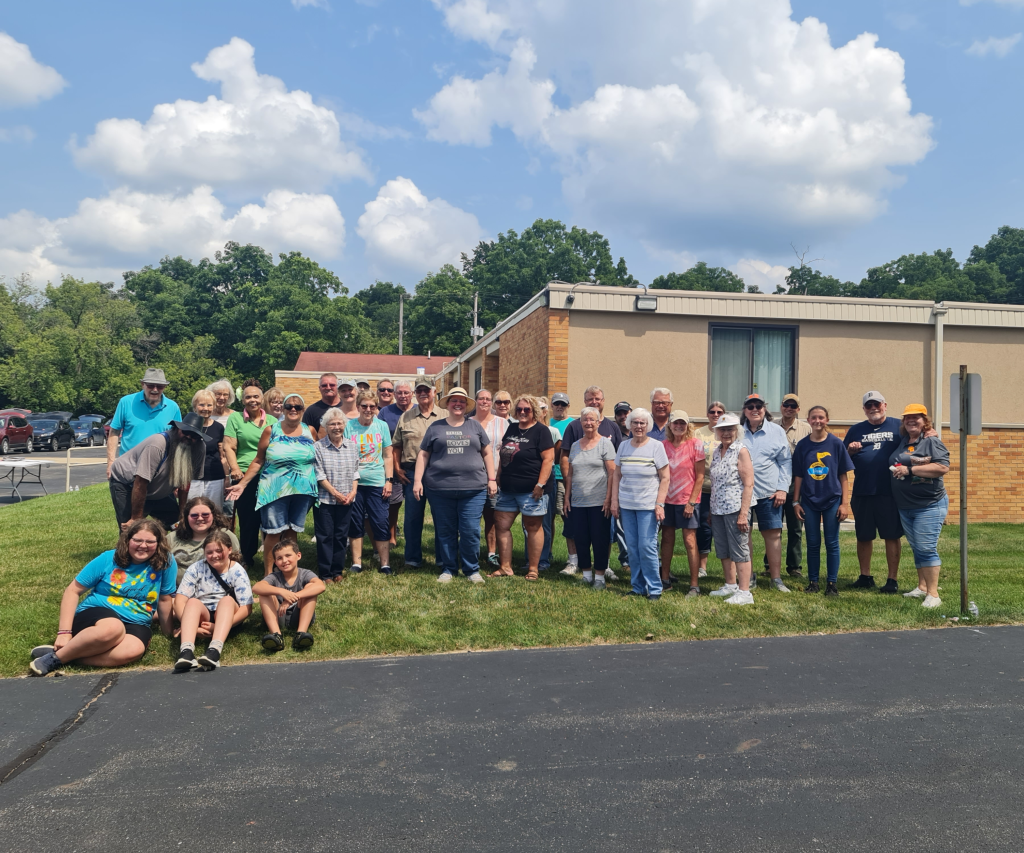
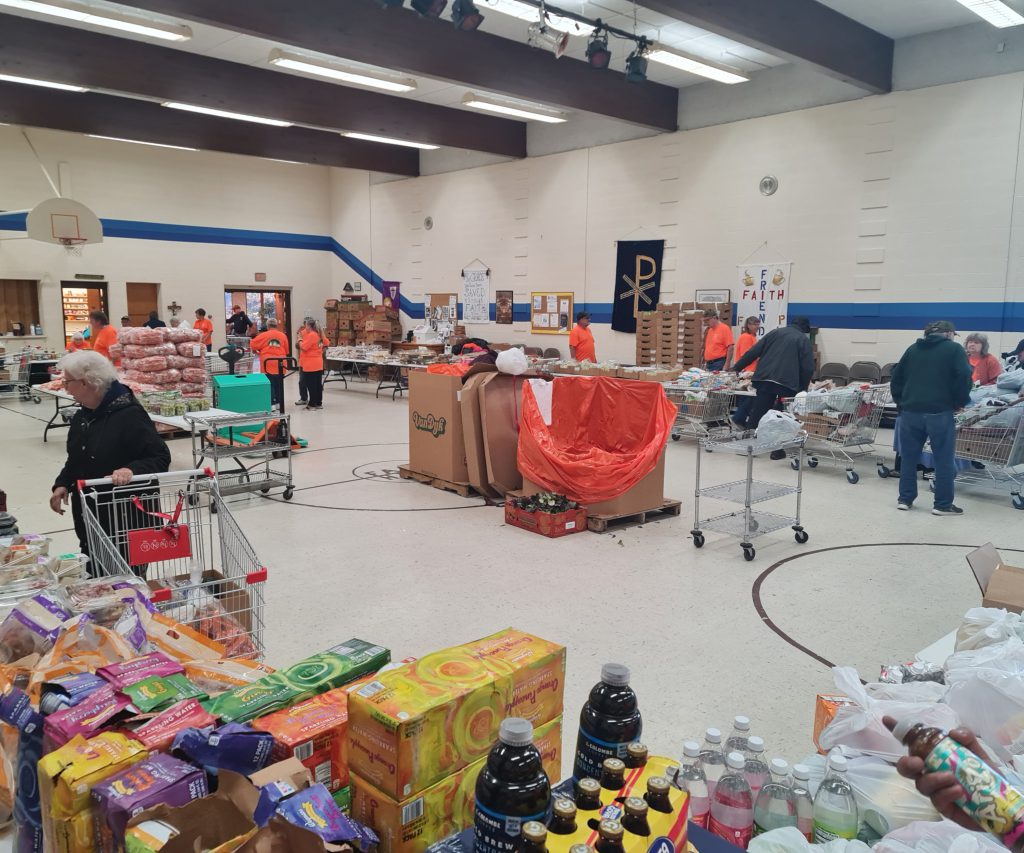

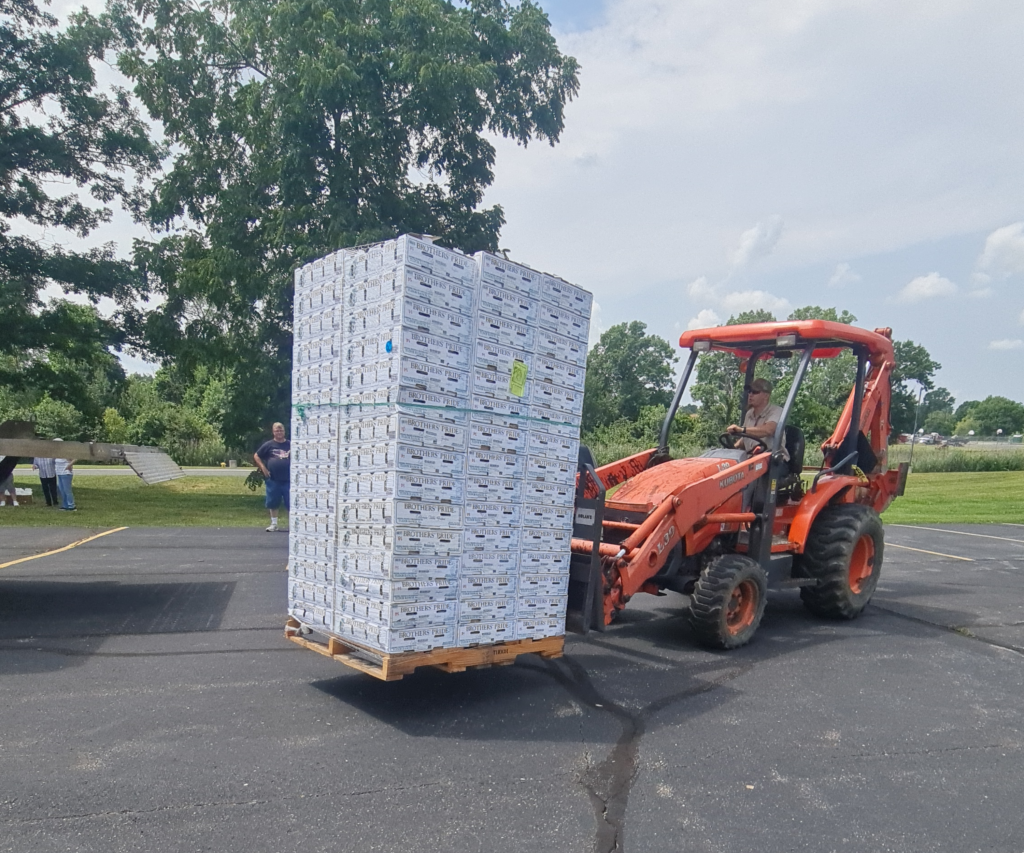
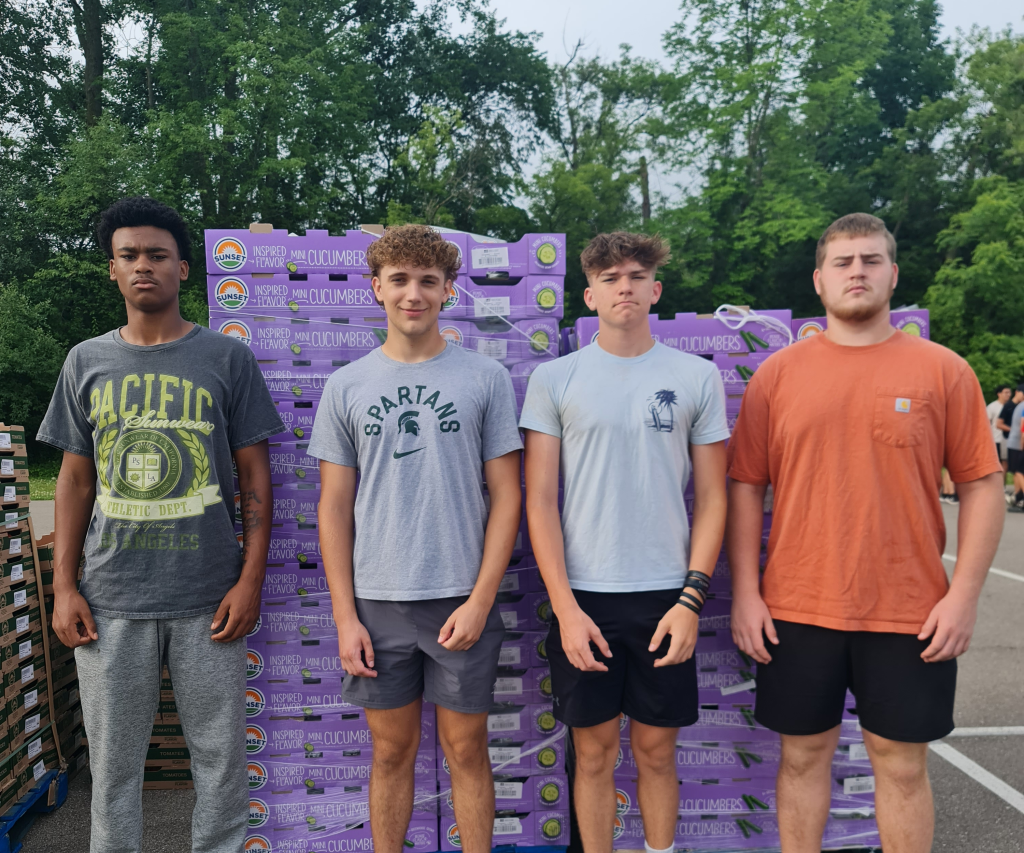
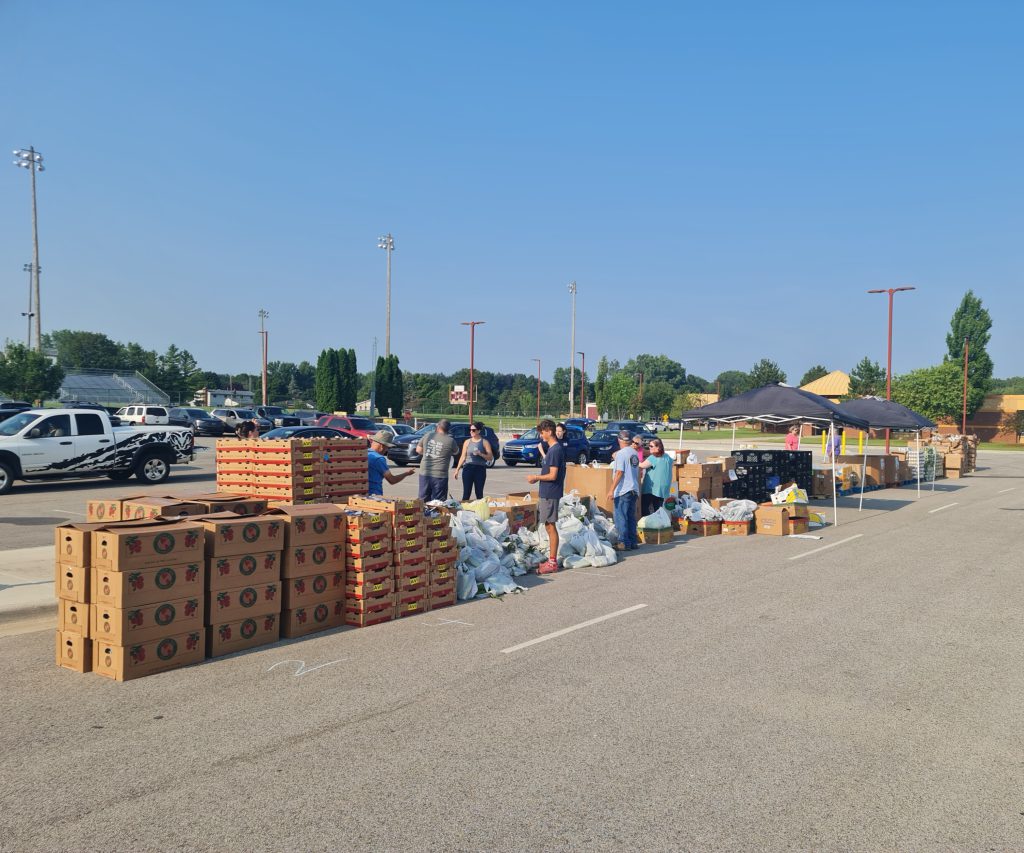
In addition to our resourceful, last-mile distribution of surplus food directly to those who need it most, we also empower third-party relief hunger relief organizations such as food pantries, soup kitchens, missions, and many other institutional participants by enabling them to better serve their neighbors.
We are systematically reducing the burdens and challenges imposed by intractable food insecurity and are expanding our impact service area to more broadly lessen the pervasive inequities in lack of access to nutritious food.
We are registered with the Internal Revenue Service (IRS) as a public charity (EIN: 93-4899105) and are exempt from federal income tax under Internal Revenue Service Code Section 501(c)(3). Donors can deduct contributions they make to Second Helping Inc under Internal Revenue Code Section 170 to the extent allowable by law.
